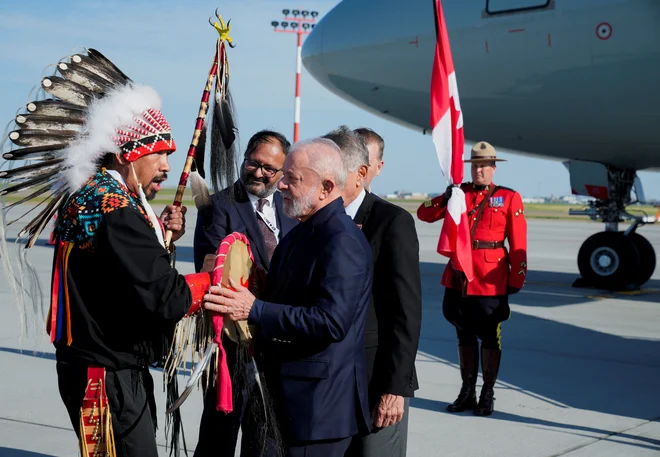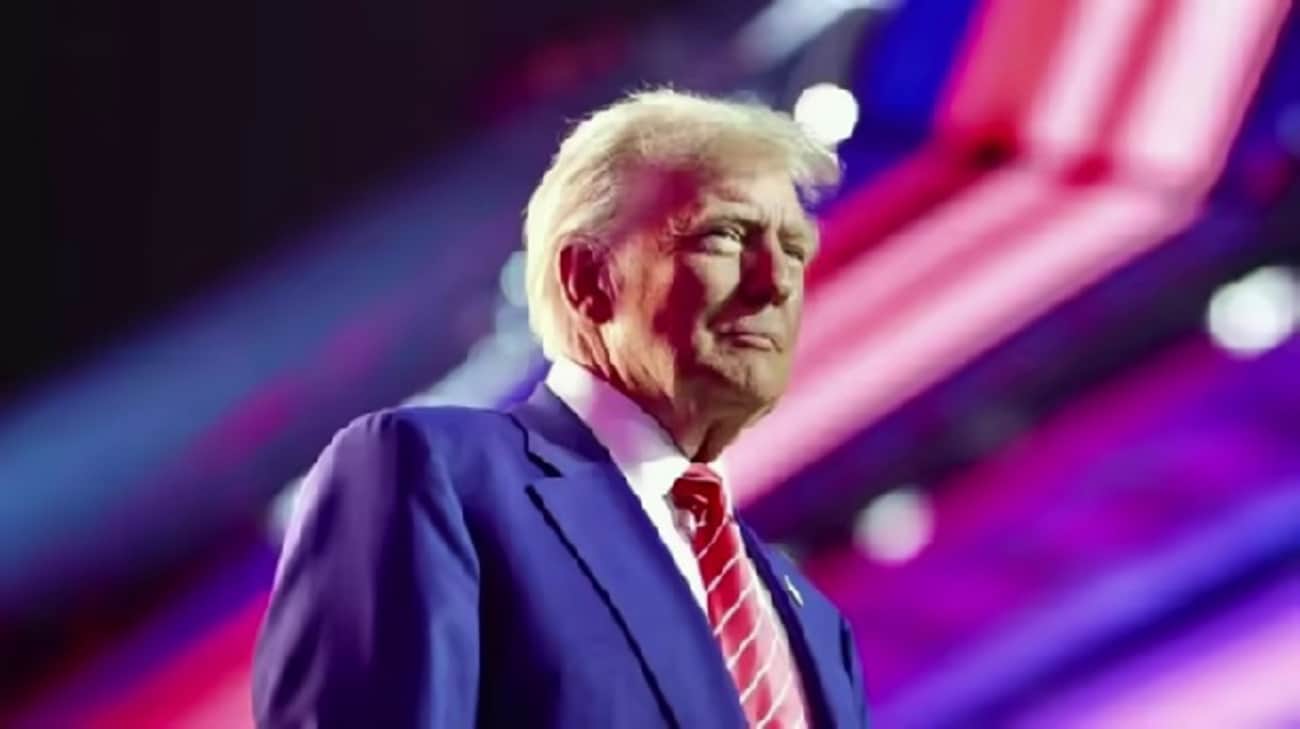Will Pope Francis’s successor be a Hungarian?
After the death of Pope Francis on April 21, speculation about his successor at the head of the Holy See has begun. One of the main candidates is Peter Erdo, Archbishop of Esztergom-Budapest.
The 72-year-old Hungarian Cardinal has held important positions in the Catholic Church over the past decades and was mentioned as a potential candidate in 2013, when Pope Francis was finally elected.
Is there a chance to follow the Argentine? And, perhaps the most intriguing, what is his relationship with the increasingly authoritarian prime minister of Hungary, Victor Orban?
Who is Peter Erdo?
Erdo is widely regarded as « papable » – a term used for candidates with real likely to become a pope.
Theoretically, every baptized Catholic male is acceptable to the papacy, but since the 14th century, only the cardinals have been elected. There are currently 252 cardinals, but only 135 of them are entitled to vote, as only those under the age of 80 can participate in the conclusions.
Erdo may be able to secure two -thirds of the votes in the papal conclusion that is expected to begin in early May (not earlier than 16 days after the Pope’s death, according to the current rules).
Its credentials are powerful: from 2006 to 2016 he has led the Council of European Bishopric Conferences – an important organization representing Catholic bishops in Europe.
This is weighty, as European cardinals continue to constitute the largest block of voters. But Erdo has not built links in Europe alone. Through his work in the Council, he has established regular contacts with representatives of the Church from Africa, Asia and Latin America – regions that are increasingly gaining influence in the Catholic Church.
He speaks Italian and Latin – key language in the Vatican hierarchy – and is a renowned canonical law expert who regulates the internal functioning of the church.
One of its biggest achievements is the behavior of the international Eucharistic Congress in Budapest in 2021 – a major event that brought together clergy and believers from around the world, including the Pope.
This activity gave Erdo a powerful platform to increase visibility and build important networks both in the Vatican and in Catholic parishes across the globe.
But perhaps his strongest weapon is pragmatism.
Although considered a conservative – for example, he is against giving sacred communion to divorced Catholics – Erdo has collaborated with Pope Francis and avoided public criticism of him, unlike many traditional wing figures.
Pope Francis had even included Erdon in organizing special Vatican meetings on family affairs, and visited Hungary twice during his term.
But what can be said about Erdo’s links with Victor Orban’s government and the ruling party, Fidesz-who self-identifies as a defender of Judeo-Christian values and often faces European Union institutions?
The Hungarian state funds the Catholic Church and other religious communities recognized through support for religious education, compensation for properties confiscated by the communist regime, and organization of events such as the Eucharistic Congress.
During the migrant crisis in 2015, Erdo compared the acceptance of immigrants with the help of human trafficking – an attitude that matched Orban’s rhetoric than with Pope Francis’s most tolerant attitude.
However, he then warned against the clash of religions and questioned whether a continent could be called « Christian », indirectly opposing rhetoric against the « Islamization of Europe » by the Orban.
Erdo seems to pursue the same pragmatic approach to the Hungarian government as to factions within the Catholic Church. He has not publicly supported the ruling party, however many priests in Hungary have called on believers to vote for Fidesz.
He has carefully chosen his battles with Budapest. He has remained silent on some debatable laws, but has openly expressed others. For example, he did not criticize the detention of homeless people in 2018 – a measure contrary to Pope Francis’ teachings. But when the government took the step to nationalize fertilization clinics (IVF) a year later, Erdo did not spare the criticism.
Although many Vatican observers think that the first African or Asian Pope can be selected, a compromise candidate to stabilize the Church after Francis’s progressive and challenging years may be the Primary of Hungary.






